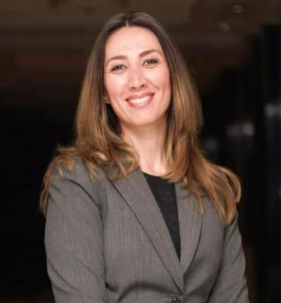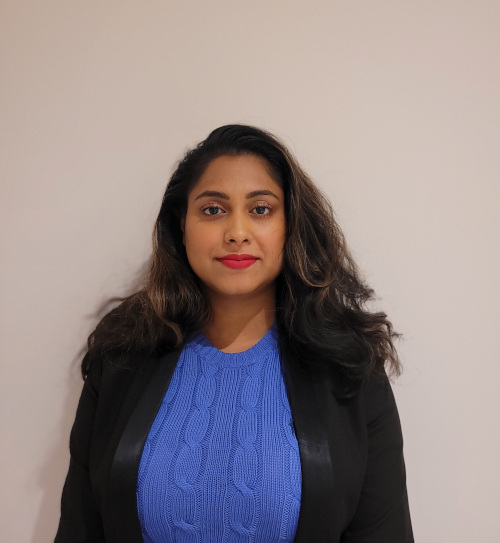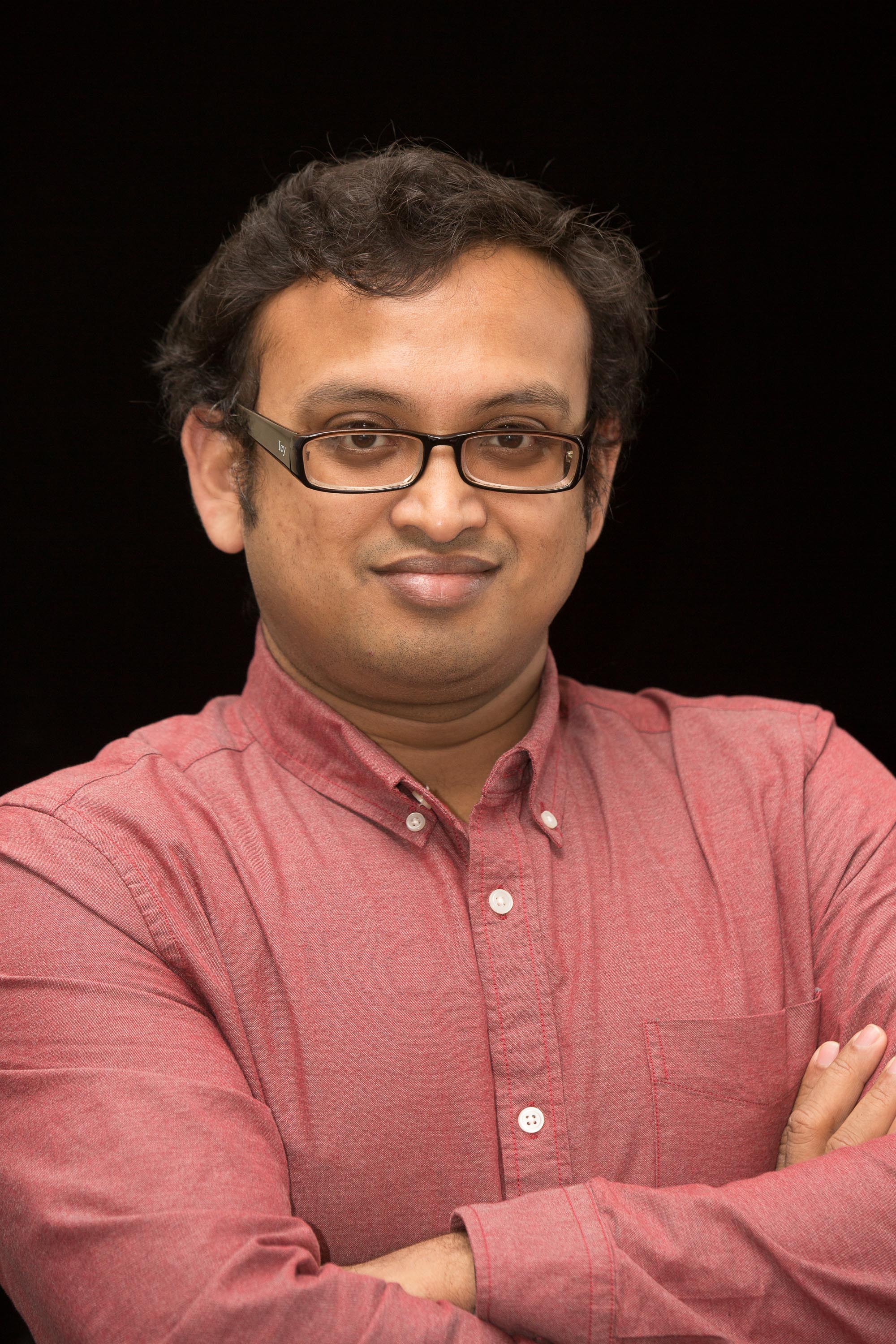Third IEEE UK&I YP Postgrad STEM Research Symposium - Speakers
Wednesday, 10th November 2021
Dr Cyril Onwubiko

Dr. Cyril Onwubiko is a Senior Member IEEE, Distinguished Speaker (DVP), IEEE Computer Society, Past Secretary, IEEE United Kingdom and Ireland, Past Founding Chair, IEEE United Kingdom and Ireland Blockchain Group. As an active IEEE member for over 15 years, he has served in several other roles: Executive Member of the IEEE UK and Ireland Computer Society Chapter, Member of the European Public Policy Committee (EPPC) Working Group on ICT, responsible to the IEEE Board of Directors for the coordination of public policy activities, Reviewer to the IEEE Security & Privacy, IEEE Intelligence & Security Informatics (ISI), Young Professionals, Women in Engineering etc. He is also a Trustee, Board Member and Volunteer to other Charity organisations.
Cyril has over 20 years of experience in Enterprise Security Architecture, Cyber Security, Artificial Intelligence & Blockchain. Currently, he is Director, Enterprise Security Architecture at Pearson Plc, the world’s learning company. He is also Director, Artificial Intelligence, Blockchain & Cyber Security at Research Series Limited, where he directs strategy and governance in AI, Blockchain & Cyber Security. Prior to Pearson Plc, he had worked in the Financial Services, Telecommunication, Health, Government and Public Services Sectors.
He holds a PhD in Computer Network Security from Kingston University, London, UK; MSc in Internet Engineering, and BSc, first class honours, in Computer Science & Mathematics. He has authored and edited several books (8) and published over 40 peer-reviewed articles in leading and prestigious academic journals and conferences. He is the Editor of the Cyber Science series, Editor-in-Chief of the International Journal on Cyber Situational Awareness (IJCSA), and Founder of the Centre for Multidisciplinary Research, Innovation and Collaboration (C-MRiC), a not for profit and nongovernmental organisation dedicated to the advancement of outstanding research and innovation through collaboration (https://www.c-mric.com). For more information, please visit [https://www.c-mric.com/cyril]{.ul}
Dr Mona Ghassemian

Mona Ghassemian received her PhD in “Mobile and Personal Communications” research from King’s College London with NTT DoCoMo scholarship. After completion of her PhD she continued at King’s College London as a research associate in E-Sense (a project of the 6th Framework Programme of the European Commission) for 2 years.
She worked as a lecturer and senior lecturer at King’s College London, Uni of Greenwich and SBU, teaching courses and supervising at BSc, MSc, and PhD levels in 2006-2007, 2007-2012, and 2012-2018, respectively and was a visiting research associate at King’s College London 2008-2018. She visited a number of universities; namely Uni of Toronto, Uni Polytechnic Valencia, and Univ of Sydney, and collaborated with their research groups. She moved to industry to work at BT research lab at Adastral park with a focus on the security of 5G and IoT technologies 2019-2021. She currently works as senior manager at InterDigital, Inc. She is also the IEEE UK & Ireland chair since 2020 and has been active in a number of regional and section level IEEE roles since 2012. Mona is a senior member of IEEE
Prof Nigel John

Professor Nigel John is a Fellow of the Eurographics Association and a Fellow of the Learned Society of Wales. He obtained his PhD in Mathematical Sciences from the University of Bath in 1990. Following a career in industry working for ICI/Zeneca and Silicon Graphics Inc., he returned to academia and has held senior posts at the University of Manchester and Bangor University before joining the University of Chester. Whilst at Bangor he was instrumental in setting up the pan-Wales Research Institute of Visual Computing. At Chester, he leads the Medical Graphics research group. Throughout his career he has been proactive in applying computer graphics and related technology to medical applications. In 2006 he received the international Satava Award for his accomplishments to the field of computer graphics and medical visualization.
Auindrila Das

Auindrila is a quality assurance and regulatory affairs expert in the medical device industry. With a decade of experience in Biomedical Sciences and Masters in Molecular Medicine from Trinity College Dublin, Auindrila is a thought leader in both Medtech and Pharma industries. Auindrila has a deep passion for disruptive technology and has developed her expertise to support innovators who share that ardour.
Dr Avishek Nag

Dr Avishek Nag is currently an Assistant Professor in the School of Electrical and Electronic Engineering at UCD. Dr Nag received his PhD degree from the University of California, Davis in 2012. He worked as a research associate at the CONNECT Centre for future networks and communication in Trinity College Dublin. Dr Nag has published over 65 publications that include journals, conference proceedings, and book chapters. His research interests include Optical Networks, Software-Defined Networks, Machine Learning, Blockchain, and the Internet of Things. Dr Nag is a senior member of the IEEE and also the outreach lead for Ireland for the IEEE UK and Ireland Blockchain Group. He also serves on the editorial boards for the IEEE Transactions on Green Communications and Networking, Frontiers in Blockchain, and Frontiers in Communications and Networks.
Dr Soumyabrata Dev

Soumyabrata Dev is an Assistant Professor at the School of Computer Science, University College Dublin. Prior to that, he was a postdoctoral researcher at ADAPT SFI Research Centre, Dublin, Ireland. He obtained his PhD from Nanyang Technological University (NTU) Singapore, in 2017. From Aug-Dec 2015, he was a visiting student at Audiovisual Communication Laboratory (LCAV), École Polytechnique Fédérale de Lausanne (EPFL), Switzerland. He graduated summa cum laude from the National Institute of Technology Silchar, India with a B.Tech. in 2010. He is an IEEE member and has published over 70+ papers. His research interests include remote sensing, statistical image processing, machine learning, and deep learning.